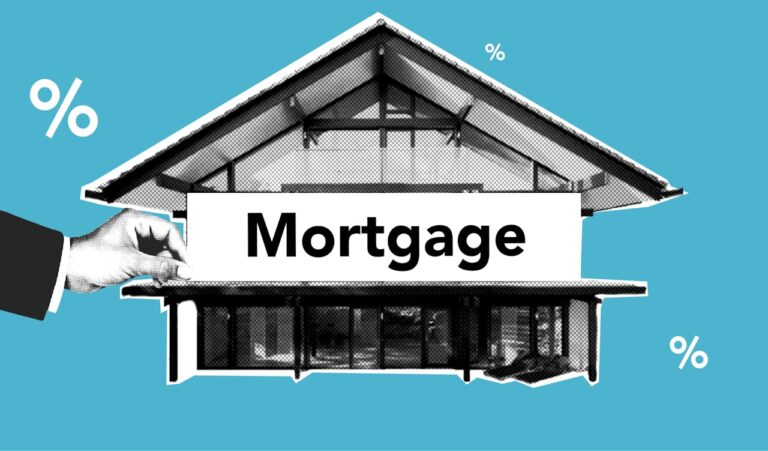
Tips for Choosing the Right Mortgage Term Length for Your Needs
Choosing the right mortgage term is a pivotal decision in the homebuying process, one that can have long-standing impacts on your financial health and stability. Understanding how to align your mortgage with your financial goals, lifestyle, and future plans is essential. This guide aims to shed light on how different mortgage term lengths work and which might be the best fit for you, whether you’re a first-time homebuyer, a seasoned financial planner, or a real estate investor.
Understanding Mortgage Term Lengths
Mortgage terms can significantly vary, ranging from short-term options of 10 to 15 years to long-term options of 20, 25, or even 30 years. Short-term mortgages often involve higher monthly payments but lower overall interest costs, whereas long-term mortgages offer lower monthly payments but result in higher interest costs over the life of the loan.
Factors to Consider
When selecting a mortgage term, consider your financial stability, lifestyle, and future plans. Your current financial situation, including income stability, existing debt, and savings, will influence what you can afford in monthly repayments. Likewise, your career trajectory, potential for life changes (e.g., starting a family), and market conditions should influence your decision.
Financial Stability
Evaluate your job security and income predictability. A stable and predictable income might make you more comfortable taking on a mortgage with higher monthly payments but a shorter term.
Future Plans
Consider how long you plan to stay in the home. Buying as a long-term investment or family home? A longer mortgage term might offer the flexibility you need.
Interest Rate Trends
Keep an eye on market conditions. If interest rates are low, locking in with a long-term fixed-rate mortgage might save you money over time.
Tips for First-Time Homebuyers
First-time homebuyers should aim for flexibility without overextending themselves financially. A fixed-rate mortgage with a medium-term length (20-25 years) can offer stability in repayments while allowing some flexibility for future refinancing as equity builds and financial circumstances improve.
Insights for Financial Planners
Financial planners guiding clients through this decision should stress the importance of a comprehensive budget analysis. This analysis should account for currently known variables and incorporate flexibility for unforeseen circumstances. Recommending a client conduct regular financial reviews can also ensure their mortgage remains aligned with their evolving financial goals.
Advice for Real Estate Investors
For real estate investors, the choice of mortgage term can significantly affect investment returns. Shorter-term mortgages may offer lower interest rates but require higher capital outlays, impacting cash flow. A strategic approach involves balancing leverage with cash flow to optimize return on investment.
Case Studies
Including real-life examples can provide practical insights into how mortgage term length impacts overall financial planning. For instance, one case study might demonstrate how a couple in their 30s opted for a 20-year mortgage to build equity quickly, providing them the financial freedom to pursue early retirement. Another example could explore an investor who chose a short-term mortgage to maximize returns on a flip property.
Conclusion
Selecting the right mortgage term is a deeply personal decision that requires careful consideration of your current financial situation, future aspirations, and market conditions. By carefully evaluating your options and aligning your mortgage term with your long-term goals, you can set yourself on a path to financial success and security.
Call to Action
Choosing the right mortgage term is just the beginning. Stay informed, review your financial plan regularly, and don’t hesitate to seek professional advice to ensure your mortgage continues to meet your evolving needs. Share your experiences in the comments below or reach out if you have questions or require further guidance. Your financial wellbeing is our paramount concern, and making informed decisions is key to achieving your homeowning dreams.